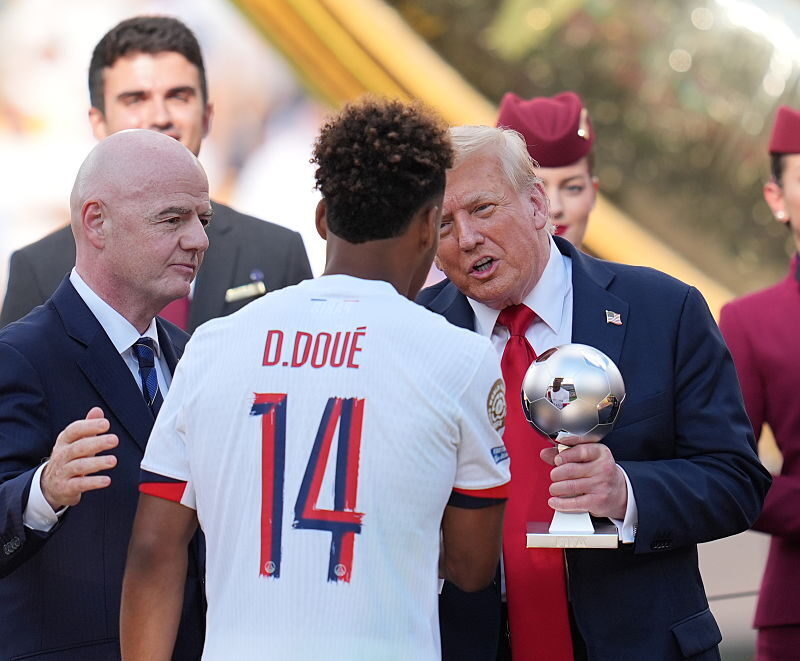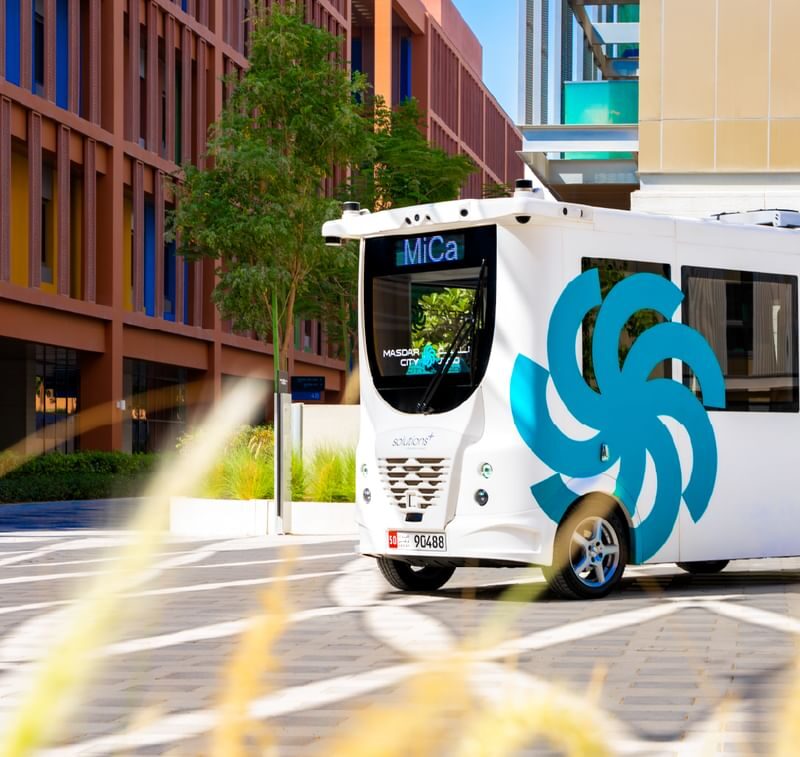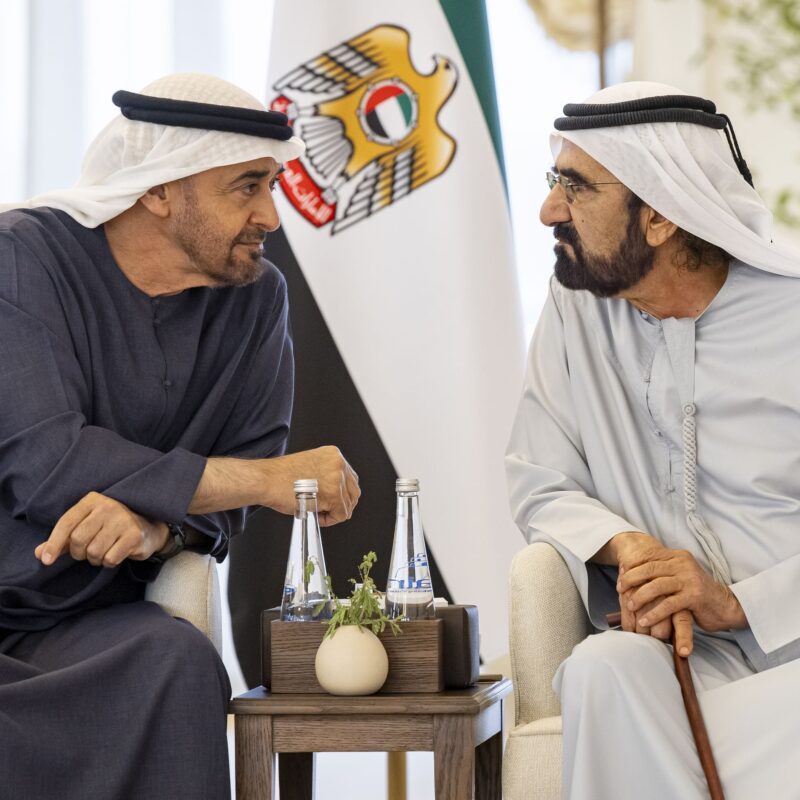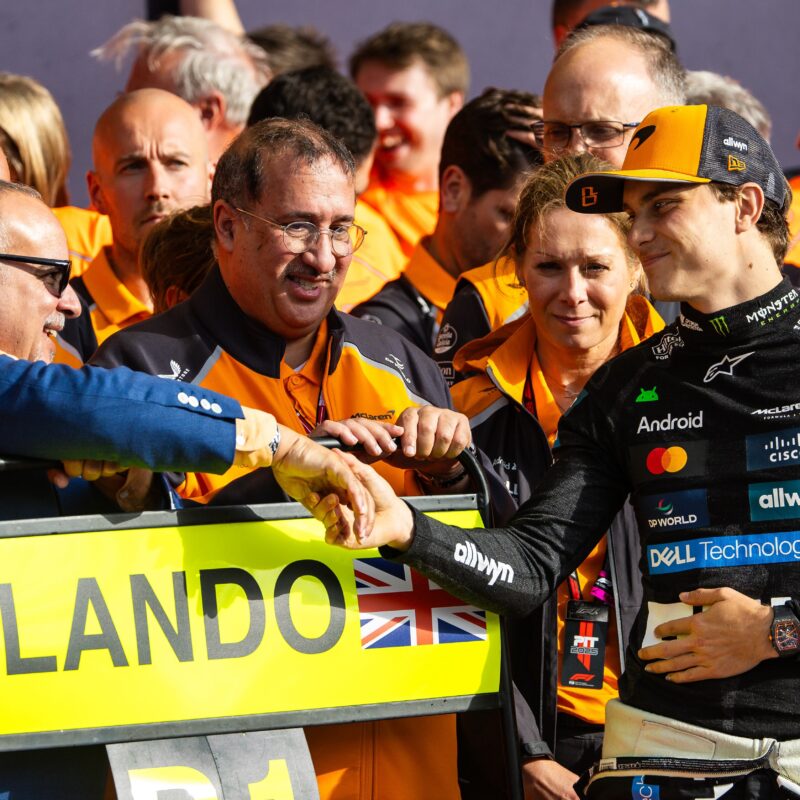Recent Issues
The Weekly Circuit
May 8, 2023
👋 Good Monday morning in the Middle East!
Bankers are suddenly in demand in Saudi Arabia. While the finance industry is tightening up in other parts of the world amid the collapses of First Republic Bank and Credit...








